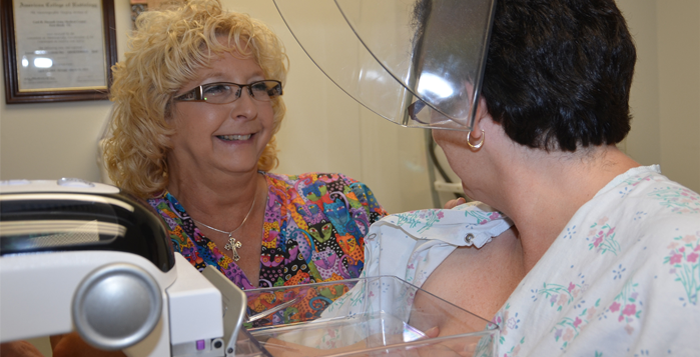The fact is that most of the developed world’s health care systems were to achieve equity and efficiency in health care provision. Their ultimate goal, after achieving equity and efficiency, is to reduce morbidity and mortality rates. As well as shedding light on this important issue, this is an opportunity for me, as an international graduate student approaching graduation, to pay tribute the support provided to me by Emory University, especially the faculty members in Rollins School of Public Health.
Most of the published literature on health care finance has discussed methods to attain economic equity and some have talked about the technical efficiency in health care services provision. As reflected in higher reported mortality rates, evidence has shown that inequity in the practice of breast cancer screening and associated technology has adversely affected black people.
In 2005, the breast cancer mortality rate among black women was 43.2 to 100,000, which is estimated as double the reported rates among white women. To elaborate on this point, the researchers have pointed to the issue of inequity in accessing adequate screening and diagnostic facilities in Chicago, which had a monumental effect on raising the black mortality rates in the city.
I believe that economic equity was one of the leverage forces for the U.S. government in planning for the Affordable Care Act (ACA). The government responded to inequity issues, such as those found in Chicago, by providing American women with coverage for all preventive care and services, including mammography screenings through the ACA.
Regarding the technical efficiency in breast cancer diagnosis, I would recommend quality mammography screening services, which would include examinations by breast radiology specialists who have spent at least 75 percent of his or her working time on breast imaging cases. Furthermore, I recommend using digital mammography rather than film-based mammography, as evidence has shown it is more effective in detecting early stage lesions, especially among younger women with dense breast tissue.
In conclusion, let us work on achieving economic equity by providing health insurance coverage to screening mammography. To achieve technical efficiency in breast cancer screening, we need to improve the quality of the digital mammography, both in the developed and developing world.
– By Sulafa T. Al-Qutub
The Emory Wheel was founded in 1919 and is currently the only independent, student-run newspaper of Emory University. The Wheel publishes weekly on Wednesdays during the academic year, except during University holidays and scheduled publication intermissions.
The Wheel is financially and editorially independent from the University. All of its content is generated by the Wheel’s more than 100 student staff members and contributing writers, and its printing costs are covered by profits from self-generated advertising sales.






